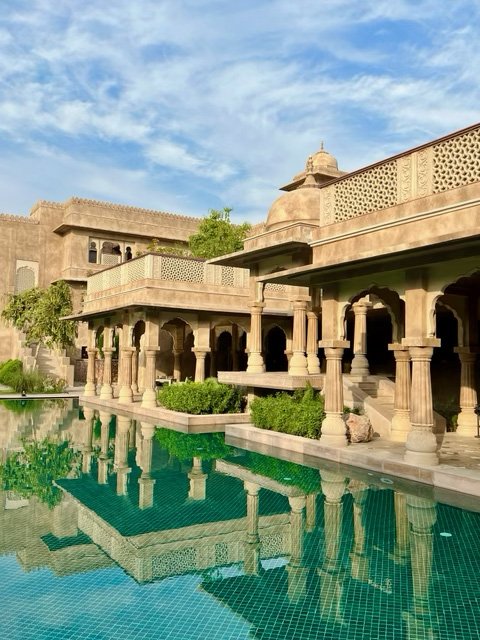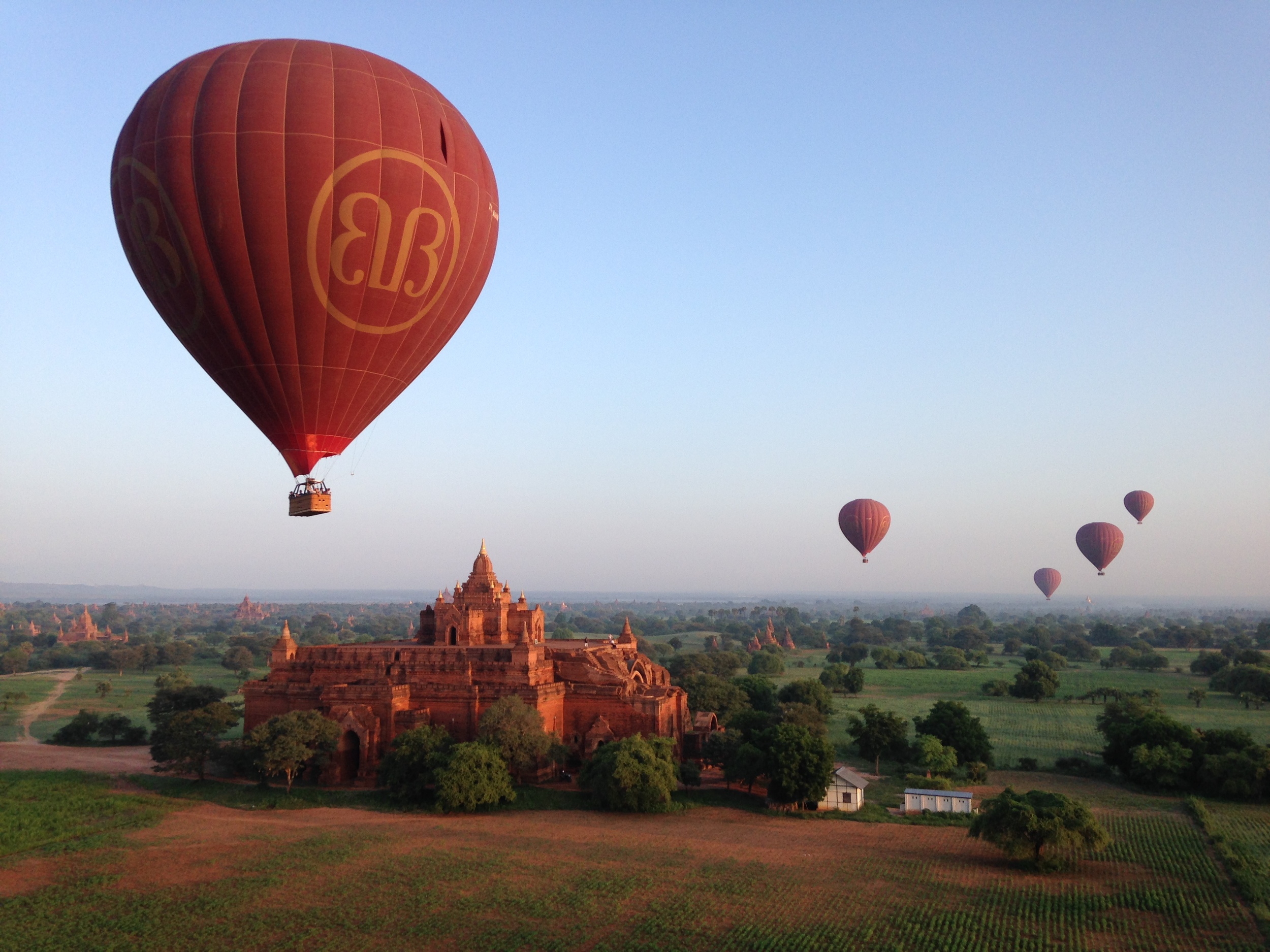In 2018, I wrote an article about how water health and safety may be the most significant (and overlooked) issue facing the planet today. Ever since the recent train derailment in Ohio, and subsequent contamination of soil and water, I keep thinking back to the article I wrote 5 years ago.
According to many sources, the Ohio train derailment contaminated at least 15,000 pounds of soil and 1.1 million gallons of water. The repercussions of this will likely be seen for years to come. The 38 derailed train cars were carrying many toxic substances, the most dangerous being vinyl chloride, butyl acrylate, ethylene glycol monobutyl ether, ethylhexyl acrylate and isobutylene. All of these substances could have damaging and perhaps lasting effects on humans, wildlife, and the environment.
I now find myself leading one of my tour groups in India, and again, my thoughts keep going back to the situation in Ohio. Fortunately, our hotels each have their own water treatment facilities, but especially outside of the hotels, we only drink filtered water. I keep wondering how many years the United States may have until we face similar water issues experienced by other countries.
What we seem to take for granted in America is that water is precious. Water is life. And certain things once done to our supply cannot be undone. While it may be difficult to place a universal price tag on the value of water, it is interesting to note that in Dubai, water is more expensive than oil.
Much of my thoughts on this issue stem from my own travels around the world, and the experiences I have had in different countries. On safari, you see instantly the relevance and importance of water on all life, such as the crowded water hole right in front of our lodge in Tanzania, where the animals jockey daily for space.
In Egypt, we learned how the Nile river was truly the lifeblood of Egypt. It was essentially what gave Egypt its strength and power.
In India, we visit the ancient city of Varanasi, which draws Hindu pilgrims who bathe in the Ganges River’s sacred waters and perform funeral rites. Again, it is all about the Ganges—water is the lifeblood of their faith, their way of life.
Yet, the water is undrinkable for most visitors coming to these countries. In the USA and Canada, are we taking our most prized resource for granted, and are we destroying it? It takes minutes to pollute a lake or river and possibly lifetimes to heal.
However, there is hope. On my current trip to India, we stayed at the beautiful Six Senses Fort Barwara Resort near Ranthambore National Park, visited by most tourists who desire to see its famed tigers on safari. Six Senses has a tremendous focus on sustainable travel, and we certainly experienced this while staying at Fort Barwara.
The 700-year-old fort-palace and temples have been responsibly restored using traditional building techniques used in Rajasthan sensitively incorporating efficient design elements such as rainwater collection tanks and solar panels to complement rather than detract from the beautiful and historic architecture. The hotel is working to protect the wider Barwara community, nearby lake, and landscape, minimizing negative impacts and maximizing positive ones. Through thoughtful planning, Six Senses Fort Barwara is conserving, cleaning, and protecting local water sources, and with the education of local communities, creating lasting change. I love that we can see the majestic Bengal tigers while at the same time contributing to the community.
And of course, environmentally responsible tourism goes far beyond water conservation and preservation. As travelers, we can do our part by commending hotels like this that are making a difference, and in fact, patronize such places above others.





